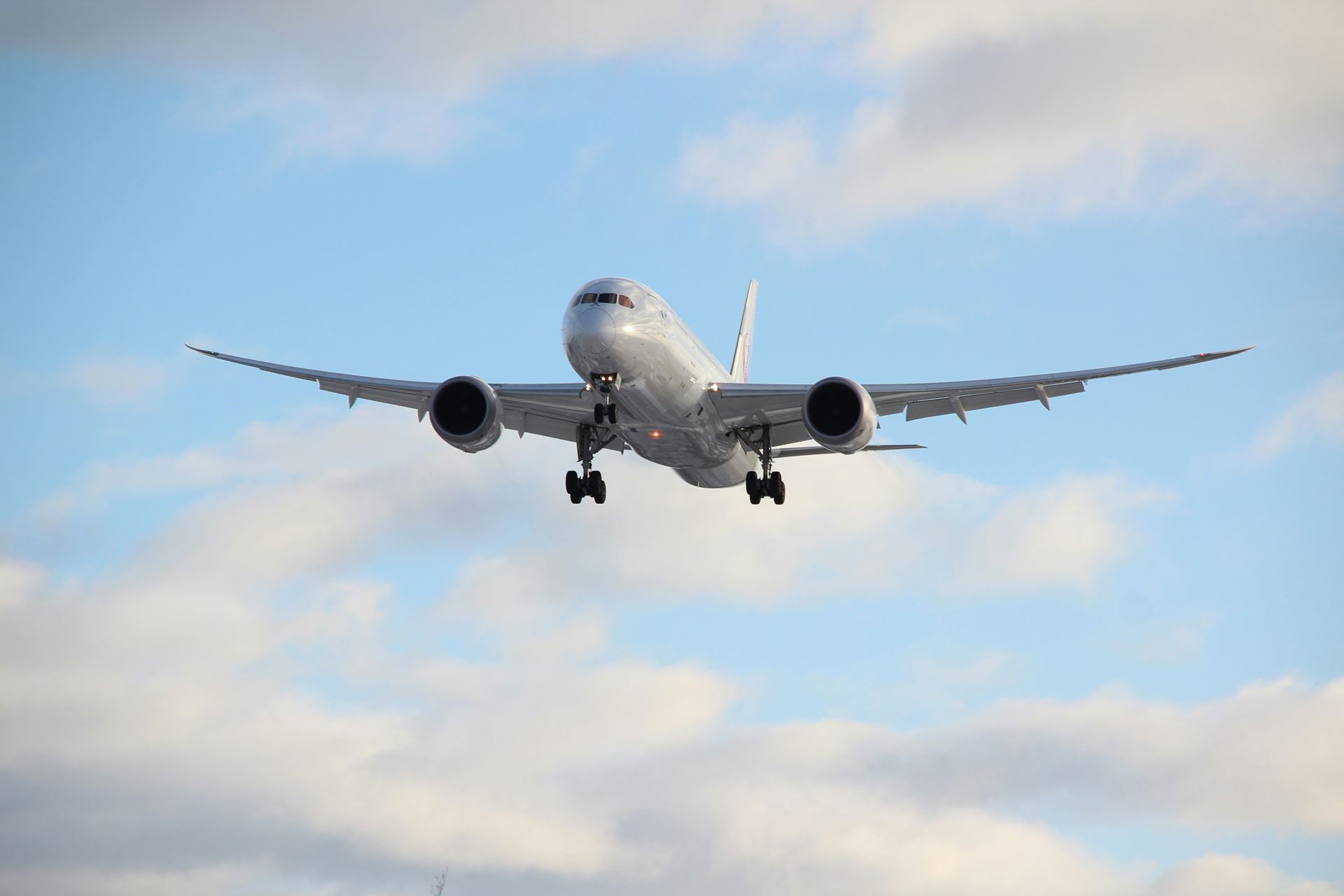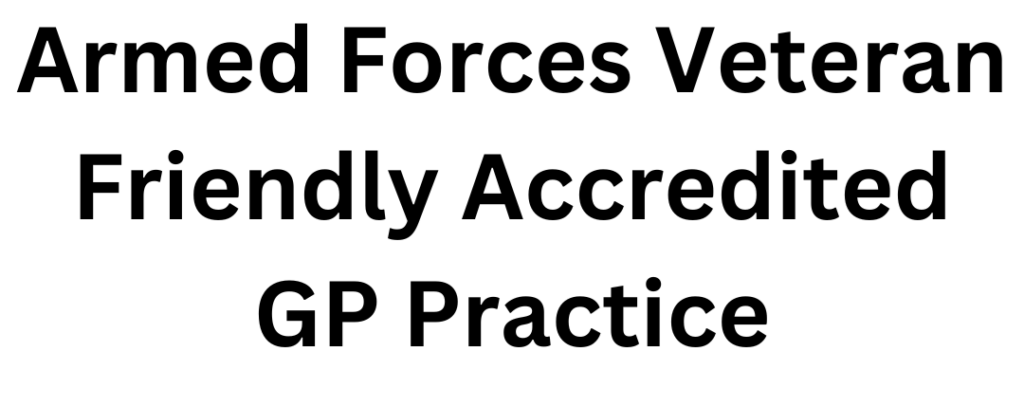Fear of Flying Policy

At Bicester Health Centre, we are no longer prescribing benzodiazepines for flying. This policy decision has been made by the GP partners and is adhered to by all prescribers working across the practice.
There are a number of very good reasons why prescribing this drug is not recommended, which we have listed below. We appreciate a fear of flying is very real, and very frightening, however there are much better and effective ways of overcoming your fear of flying. We recommend you tackle this with a Fear of Flying Course, which is run by several airlines. These courses are far more effective than diazepam, they have none of the undesirable effects and the positive effects of the course continue well after the courses have been completed.
Benzodiazepines include but are not limited to:- Diazepam, Lorazepam, Temazepam, Alprazolam and Clonazepam.
There are a number of very good reasons why prescribing this drug is not recommended:
-
Diazepam is a sedative. This means, the medication makes you sleepy and more relaxed. If there would be an emergency during the flight, this could impair your ability to concentrate, follow instructions, or react to the situation. This could seriously affect the safety of you and the people around you. - Sedative drugs can make you fall asleep, however, when you sleep it is an unnatural non-REM sleep. This means, your movements during sleep are reduced and this can place you at an increased risk of developing blood clots (DVT). These blood clots are very dangerous and can even prove fatal. This risk further increases if your flight is over 4 hours long.
- Although most people respond to benzodiazepines like Diazepam with sedation, a small proportion experiences the opposite effect and can become aggressive. They can also lead to disinhibition and make you behave in ways you normally wouldn’t. This could also impact on your safety and the safety of your fellow passengers or could lead you to get in trouble with the law.
- National prescribing guidelines followed by doctors also don’t allow the use of benzodiazepines in cases or phobia. Any doctor prescribing diazepam for a fear of flying would be taking a significant legal risk as this goes against these guidelines. Benzodiazepines are only licensed for short-term use in a crisis in generalised anxiety. If this is the problem you suffer with, you should seek proper care and support for your mental health, and it would not be advisable to go on a flight.
- In several countries, diazepam and similar drugs are illegal. They would be confiscated, and you might find yourself in trouble with the police for being in control of an illegal substance.
- Diazepam has a long half-life. This means it stays in your system for a significant time and you may fail random drug testing if you are subjected to such testing as is required in some jobs.
Fear of Flying Courses
There are many courses available throughout the UK, offering support with dealing with anxiety over flying. Usually there is a fee for attending the course. Some UK based airlines also operate courses periodically.The three main airlines we have established operate fear of flying courses are:-
Easy Jet www.fearlessflyer.easyjet.com Tel: 0203 8131644
British Airways http://flyingwithconfidence.com Tel: 01252 793 250
Virgin Atlantic www.lovefly.co.uk Tel: 01423 714900 125225
Other airlines and providers are available, often an internet search for "fear of flying course" will produce a list of courses.
Benzodiazepines
Benzodiazepines have been in use since the 1960s for treatment of a wide range of conditions including alcohol withdrawal, agitation and restlessness, anxiety, epilepsy and seizures, neurological disorders. muscle spasms, psychiatric disorders and sleep disturbance
Initial use of benzodiazepines, including the well-known Diazepam also known as ‘Valium’, was enthusiastic and they were hailed as a wonder drug. However, it became increasingly clear that, as well as having short term deleterious effects on memory, co-ordination, concentration and reaction times, they were also addictive if used for a long time, with withdrawal leading to fits, hallucinations, agitation and confusion, and further had long-term effects on cognition and balance. Unfortunately benzodiazepines have also become a widely used drug of abuse since they first came on the market. Because of these reasons the use of benzodiazepines has been a lot more controlled around the world since the 1980-90s, especially in the UK. Diazepam in the UK is a Class C/Schedule IV controlled drug.
Diazepam is a sedative, so it often does make you sleepy and more relaxed. However, there are several reasons why prescribing this drug is not recommended:
– According to the British National Formulary, diazepam is contraindicated (not allowed) for treating phobias such as fear of flying, and it is an inappropriate treatment for short-term ‘mild’ anxiety. Prescribing against these guidelines poses a significant legal risk.
– Diazepam reduces awareness and reaction times, which could be dangerous in the unlikely event of a flight-related emergency.
– Sedative drugs can cause unnatural non-REM sleep, increasing the risk of developing a blood clot (DVT) during long flights.
– While most people do find diazepam sedating, some people experience paradoxical agitation, aggression and disinhibition, causing you to behave in a way that is very different to your normal state, which can be problematic on a plane, potentially impacting on your safety or others.
– Diazepam and similar controlled drugs are illegal to posess in some countries, risking confiscation or legal trouble.
– It is important to declare all medical conditions and medications you take to your travel insurer, not doing so can nullify your insurance policy.
Page created: 21 December 2023
